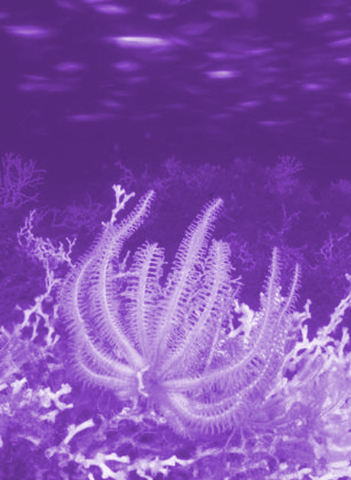Deep sea probed for patents
 The bizarre life in the deepest seas has sparked a corporate patent frenzy.
The bizarre life in the deepest seas has sparked a corporate patent frenzy.
Marine bioprospecting, the search for commercially valuable compounds in marine life, is rapidly evolving, with multinational corporations leading the charge.
A recent study examining 33 years of patent applications reveals a significant surge in the utilisation of genetic sequences from deep-sea organisms.
The findings raise pressing concerns about the need for international regulation to protect these fragile ecosystems.
The study, which compiled data from the Marine Bioprospecting Patent Database, highlighted that the majority of patents are held by a few large companies.
BASF, IFF, and DuPont emerged as dominant players, having filed patents using genetic material from 949 marine species, over half of which are sourced from the deep sea.
This remote and largely unexplored biome, beyond national jurisdictions, is attracting unprecedented economic interest, particularly in fields like disease treatment, diagnostics, and bioremediation.
The deep sea is not just another frontier but a rich reservoir of biodiversity that has evolved over millions of years to survive extreme conditions such as high pressure, low light, and cold temperatures.
This unique environment has led to an incredible variety of life forms, many of which remain unknown to science.
The study's authors stress that the commercial exploitation of these resources is growing faster than the understanding of them, creating an urgent need for policies that ensure sustainable use.
Nations including the USA, Japan, and Germany are at the forefront of marine biodiscovery, driven by large corporations that are particularly active in patenting marine genetic resources.
However, the study also revealed significant gaps in the current legal frameworks governing marine bioprospecting.
The study’s findings align with growing calls for the High Seas Treaty, which was agreed upon in 2023, to address the regulation of marine genetic resources in areas beyond national jurisdiction.
The treaty, while a step forward, does not yet cover the complexities of intellectual property rights over marine organisms.
This gap allows companies to secure patents on marine genetic material, potentially leading to a commercial monopoly over deep-sea genetic materials which could have far-reaching implications.
The deep sea represents a vast and largely untapped resource, but without proper regulatory oversight, the rush to exploit these genetic treasures could lead to long-term ecological damage.








 Print
Print